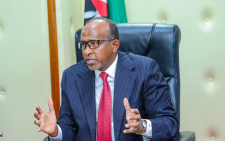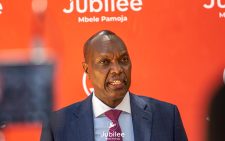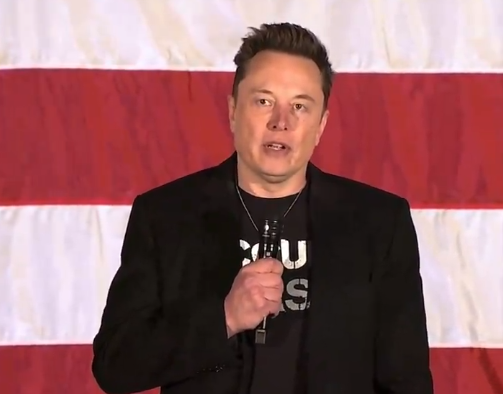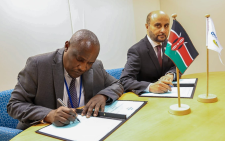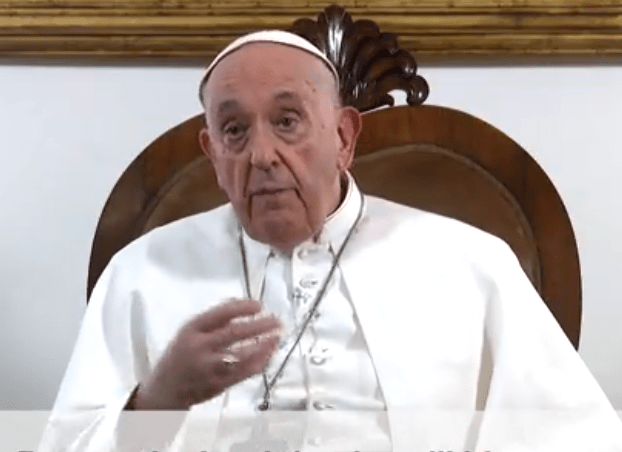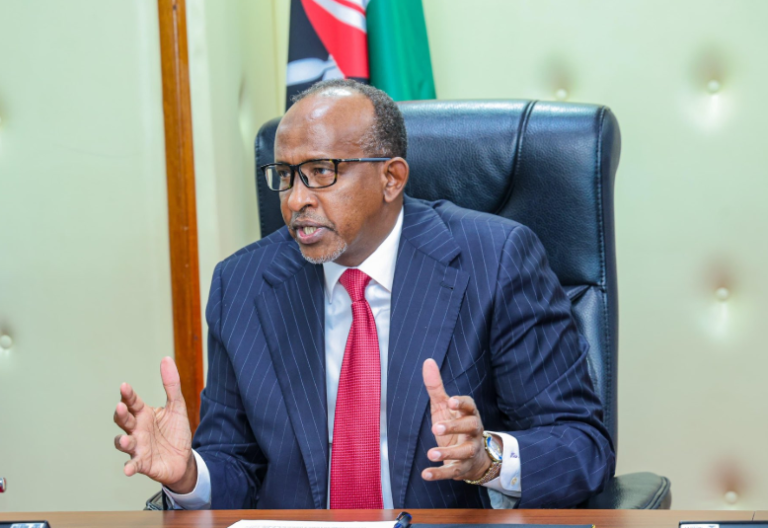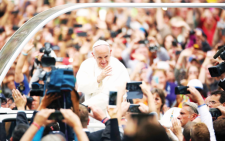Four rich people own more than 22m Kenyans
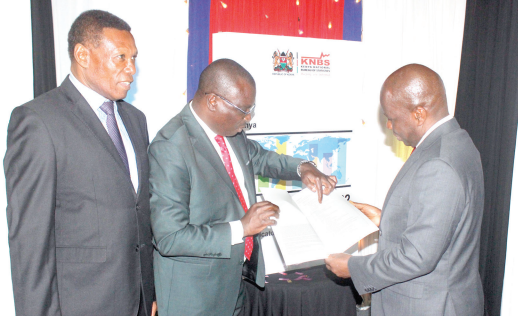
The richest four Kenyans control a combined net worth of Sh333 billion ($2.71 billion) — or about a tenth of the country’s annual Budget.
Global charitable organisation Oxfam, which made the revelations during a presentation at the World Economic Forum in Davos, Switzerland.
Kenya is represented by one government official at the high-level talks.
Kenya’s national cake — also called the Gross Domestic Product (GDP) — stood at about $153 billion. That means the four Kenyans control about $3 billion of this amount. All other citizens combined control the remaining $150 billion.
The four also own more wealth than 22 million Kenyans in the bottom 40 per cent of the economic pyramid.
This reveals the high levels of inequality that exist in the country, and which have been made worse by the economic shocks caused by Covid-19 lockdowns and prolonged drought, the worst in 40 years.
According to the Oxfam report, the wealthy Kenyans have grown richer in the past decade.
“Kenya super-rich are increasingly amassing enormous wealth, even as most Kenyans grapple with the impact of Covid-19 pandemic, rocketing prices of basic items, the drought situation and unemployment,” reads the report in part.
Over the past 10 years, the richest Kenyans — who have a net wealth of $5 million (Sh615 million) and above — have seen their wealth grow by 72 per cent in real terms. Their ranks have also more than doubled, growing by 134 per cent over the same period.
This is the same country where more than half of the men aged between 15 and 54 years do not own a house or agricultural land, as revealed by the latest government data released on Tuesday.
According to the Kenya Demographic and Health Survey 2022, only 47 per cent of men and 33 per cent of women own a house, while 33.6 per cent of men and 25 per cent of women own agricultural land.
The survey also notes that “access to land and property with secure tenure is central to economic empowerment” because it serves as a base for income as well as collateral for credit (see related reports on Pages 8 and 9).
While the report by Oxfam does not expressly identify the four richest Kenyans, previous reports by the same organisation named Naushad Merali ($790 million), Bhimji Shah ($750 million), Jaswinder Bedi ($680 million), Uhuru Kenyatta ($530 million) and Mahendra Patel ($430 million) as some of the richest Kenyans in 2021.
Fund national Budget
In addition to the four wealthiest individuals, there are 1,890 others with a net worth of $5 million (Sh615 million) or more. As a group, they have a net wealth of $39.9 billion (Sh4.9 trillion), enough to fund the national Budget for a year and still be left with Sh1.3 trillion change.
This group also includes 130 individuals with $50 million (Sh6.15 billion) or more per person. Together, this small group has a combined wealth of $18.7 billion — equivalent to Sh2.3 trillion.
Going by their wealth declaration during their vetting in October last year, eight Cabinet Secretaries in President William Ruto’s government qualify to be categorised as super-rich. They each have a net worth of over $5 million (Sh615 million), according to the figures they declared to Parliament.
These are: Musalia Mudavadi (Sh4 billion), Mithika Linturi (Sh1.2 billion), Simon Chelugui (Sh993 million), Njuguna Ndung’u (Sh950 million), Aden Duale (Sh851 million), Moses Kuria (Sh750 million), Justin Muturi (Sh700 million), and Eliud Owalo (Sh650 million).
In total, the Cabinet’s net worth, excluding that of the President and his deputy, was Sh15.3 billion, according to their own declarations.
Annual wealth tax
This week, over 200 dollar millionaires travelled for the Davos meeting and challenged global political leaders to face up to concentrated wealth … and tax them appropriately. The millionaires from 13 countries petitioned world leaders to tackle the problem of extreme wealth by introducing an annual wealth tax.
“You, our global representatives, have to tax us, the ultra-rich, and you have to start now,” they said in a letter titled: “The Cost of Extreme Wealth. The solution is plain for all to see.”
Globally, the total number of people with $5 million (Sh615 million) or more in net wealth has increased by 52.9 per cent over the last decade.
Individuals with a net wealth of $50 million (Sh6.15 billion) or more have enjoyed similar growth levels, meaning that the wealthy are growing wealthier, not just in Kenya but across the world.
In the same way, the global billionaire club has more than doubled its wealth, and its members have skyrocketed at a similar rate. The billionaires club added more than $5.9 trillion (Sh726 trillion) to its wealth in the last ten years.
Now, they are calling for the introduction of an annual wealth tax as part of a wider strategy to reduce economic inequality.
In one of its analyses, Oxfam and its partners has shown that the taxman can raise Sh89.9 billion more every year if all millionaires worth over $5 million (Sh615 million) and above were to made to pay an annual wealth tax of two per cent and three per cent for those worth over $50 million.
“The analysis shows that the increasing extreme wealth of the rich and increasing extreme poverty of the poor driven by low taxes on the richest Kenyans by virtue of tax breaks, incentives, avoidance and evasion, alongside unfairly higher taxes on poorest Kenyans, directly through income tax and indirectly through taxes on fuel, food and basic commodities, is a social ill and a shame,” said Oxfam Kenya Country Director John Kitui.
At the global level, introducing a net wealth tax starting at two per cent annually for those with more than $5 million, three per cent for those with over $50 million, and five per cent annually for billionaires, can raise about $1.7 trillion (Sh209 trillion) every year, enough to fund the Budgets of numerous poor and middle income countries.
